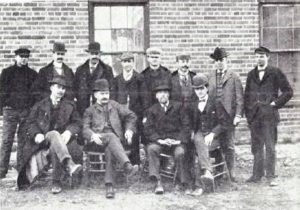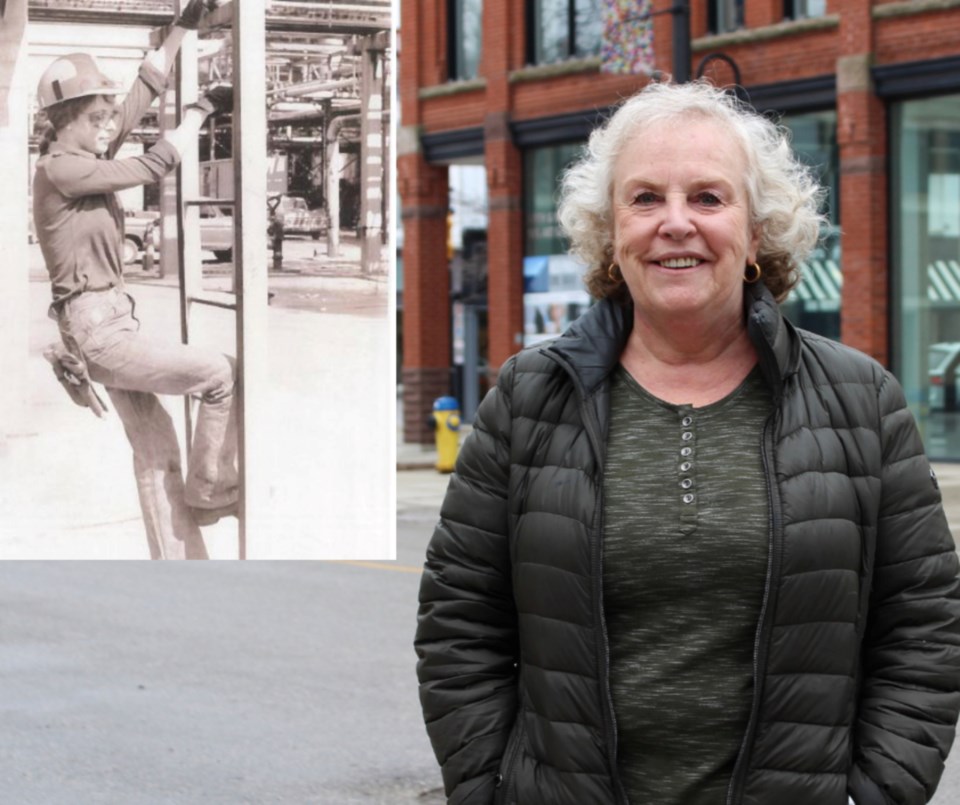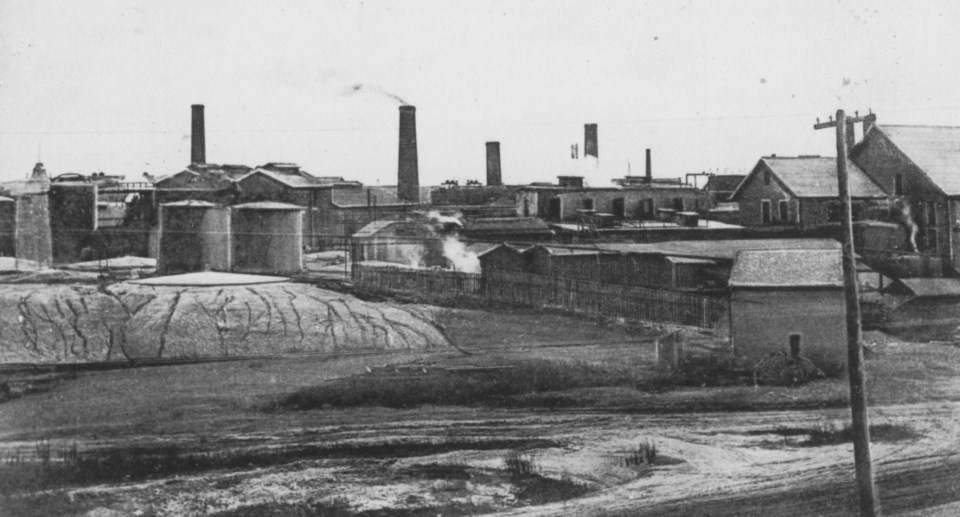Phil Egan
Imperial Oil was an integral part of our city before it could even be called a city.
In fact, so important has the refinery been to the life of Sarnia that people can be forgiven for thinking the community’s nickname - the Imperial City - refers to the company’s dominating presence.
Sarnia’s nickname actually took root after Prince Arthur, the Duke of Connaught, and his daughter Princess Patricia officially helped transition it from town to city status in 1914. And that happened 17 years after Imperial Oil had arrived in town.
Oil was discovered in central Lambton in the 1850s and the first oil well in North America was dug just 18 miles from Sarnia.
In 1880, seven of the pioneer refining companies in London and Petrolia pooled their resources and equipment to form Imperial Oil. Sixteen refiners formed its core management group.

Following a lightning strike and fire at its London refinery in 1883, Imperial acquired one of Sarnia’s first oil refineries, built by the Dominion Oil Company in 1871. It had later been passed to the Alpha Hall Company and then to the old Canadian Oil Company. It was rebuilt and operated by the Bushnell Oil Company before its acquisition by Imperial.
On May 7, 1897, Imperial Oil began operating the Sarnia refinery under the Imperial name. The following year, Standard Oil of New Jersey, today Exxon Mobil, purchased a controlling interest in Imperial Oil.
By the 1930s, Imperial was not only Sarnia’s largest employer, it was influencing Canada’s sports culture. Promotion of its Three Star brand of gasoline on Hockey Night in Canada led to the post-game “three star” player selection.
The Sarnia Imperials football team played in three Grey Cup games, and won two of them, helped along by Imperial’s practice of offering its players Depression-era work at the refinery.
Imperial Oil’s presence during the Second World War convinced U.S. President Franklin D. Roosevelt and Canadian Prime Minister William Lyon Mackenzie King to choose Sarnia as the site for the Polymer Corporation – a synthetic rubber plant built to support the Allied war effort. Polymer in turn led to the development of Sarnia’s Chemical Valley.
Since then, Imperial Oil has continually expanded and modernized its facilities. Today, it is one of the most highly diversified refining and petrochemical complexes in Canada. In addition to refining capacity of 121,000 barrels of oil a day, the Sarnia site is home to a chemicals plant.
The chemical operations produce more than one million tonnes of polyethylene, specialized solvents, olefins, aromatics and plasticizer each year. Imperial’s Sarnia Research Centre is the largest and oldest petroleum research centre in Canada, a world-class facility focused on developing and improving lubricating oils and fuels, enhancing refinery processes, and developing new technologies to improve environmental performance.
Sarnia Site Plant Manager Glenn Hayes took charge at the complex just as COVID-19 was beginning to wreak global havoc, but Hayes isn’t one to back down from a challenge.
He knows his industry is beginning an “energy transition,” with electric cars and even battery-operated aircraft emerging.
Hayes can’t predict what Imperial will look like in another 125 years, but said he’s confident the company’s reputation for excellence and innovation will ensure it helps light the way. Some of the changes ahead, Hayes told The Journal, will be announced in the days ahead. Others, like the company’s recently announced battery project, promise substantial electricity cost savings.
Whatever lies ahead, Imperial Oil intends to continue its historic role of corporate leadership.
Helen Arts-Smith was Imperial’s first female process operator
Phil Egan
It’s common these days to see women working in trades and technology roles, but in 1975 a woman wearing a tool belt was still an unusual sight.
That year, Helen Arts-Smith was a 19-year-old secretary working in the medical department at Imperial Oil in Sarnia.
But she had other aspirations. She wanted to become a process operator, a technical job that involves overseeing and managing production of the plant.
The company had never before had a woman employed in such a line of work, and for Arts-Smith to advance it required approval from the top of the organization.
Upon completing an apprenticeship, she became Imperial’s first female process operator.
After breaking through the glass ceiling in an all-male field, Arts-Smith retired in 2011 from a career that provided a true sense of pride.
“When I look back on it, I’m happy that I did what I did,” she said.

